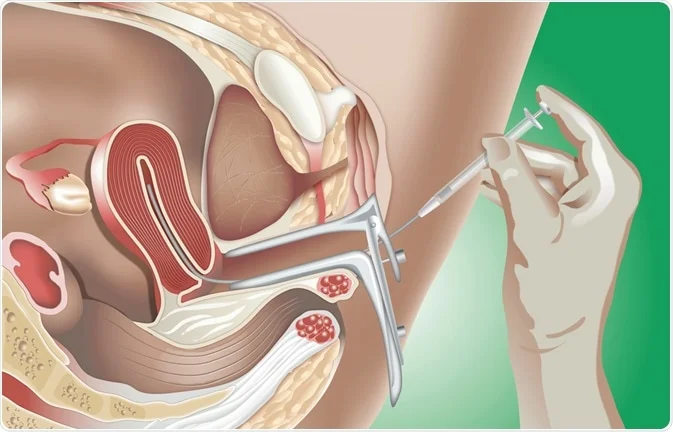If you’re new to the trying to conceive (TTC) community and have decided to join a Facebook group, you might find yourself overwhelmed by all the acronyms and terminology being tossed around. Fear not! We’re here to help you make sense of everything from your BBTs to your BFNs and everything in between, including AMH to ZIFT.
Aunt Flow (AF)
Your monthly period. Unfortunately, AF signifies that your period has arrived, which can be frustrating when you’re trying to conceive.
Anti-Müllerian Hormone (AMH)
A key player in reproductive health, AMH helps regulate follicular growth and development. While it is produced by both males and females, it serves primarily as a marker for female fertility and indicates ovarian reserve.
Assisted Reproductive Technology (ART)
This encompasses any fertility treatments where eggs or embryos are manipulated, including IVF, IUIs, and ZIFTs (more on those later).
Baby Dust
A term used to wish someone luck on their TTC journey.
Baby Dance (BD’ing)
Simply put, this refers to having unprotected intercourse with the intention of conceiving, ideally during your fertile window.
Basal Body Temperature (BBT)
This is your lowest resting body temperature, usually measured when you first wake up. After ovulation, your BBT may rise by up to 0.56°C, which can help track your cycle naturally.
Big Fat Negative (BFN)
This term refers to a negative pregnancy test result; it’s as straightforward as it sounds.
Big Fat Positive (BFP)
Conversely, this means you have a positive pregnancy test result.
Blastocyst
A cluster of cells formed approximately five days after fertilization, this stage precedes the embryo and fetus. If you’re undergoing IVF, this stage is particularly significant.
Cervical Mucus or Cervical Fluid (CM or CF)
This vaginal discharge changes in consistency throughout your cycle. It becomes wetter and more slippery around ovulation, which is helpful for sperm passage.
Chemical Pregnancy (CP)
This term is used for very early miscarriages, occurring within the first five weeks of pregnancy. It’s called a ‘chemical pregnancy’ because it can only be detected through hCG hormone levels, not visible through ultrasound.
Cycle Day (CD)
CD refers to the day of your menstrual cycle or fertility treatment cycle.
Days Past Ovulation (DPO)
DPO is crucial for tracking early pregnancy symptoms. Symptoms can begin to appear as early as 0-7 DPO, while implantation bleeding might occur around 7-10 DPO. However, not experiencing symptoms doesn’t mean implantation hasn’t happened.
Ectopic Pregnancy
This occurs when a fertilized egg implants outside the uterus, most commonly in a fallopian tube.
Embryo Transfer
The final step in the IVF process, where a fertilized egg (cultured in a lab for up to six days) is implanted into the uterus. The best embryo(s) are selected based on various factors including age.
Endometriosis (ENDO)
This is a condition where endometrial-like tissue grows outside the uterus, often causing pelvic pain and potentially impacting fertility. Currently, there is no known cure.
Oestrogen
Commonly referred to as the ‘sex hormone,’ oestrogen is essential for puberty, ovulation, and preparing the uterine lining.
Egg White Cervical Mucus (EWCM)
This type of cervical fluid appears just before ovulation and is clear and stretchy, resembling egg whites.
Follicle Stimulating Hormone (FSH)
Produced by the pituitary gland, FSH regulates the menstrual cycle and stimulates ovarian follicles in women, while controlling sperm production in men.
Follicular Phase (FP)
This phase refers to the first part of your menstrual cycle, leading up to ovulation.
Navigating the world of TTC can be daunting, but understanding these terms can help demystify the process. For more insights on home insemination, check out our article on multiples here. If you’re looking for high-quality resources, Make a Mom offers excellent kits for artificial insemination. Additionally, Parents.com provides a comprehensive overview of what to expect during your first IUI.
In summary, understanding the terminology surrounding TTC is essential for anyone embarking on this journey. From recognizing the significance of your cycle day to understanding the role of various hormones, being informed will empower you as you navigate this path.

